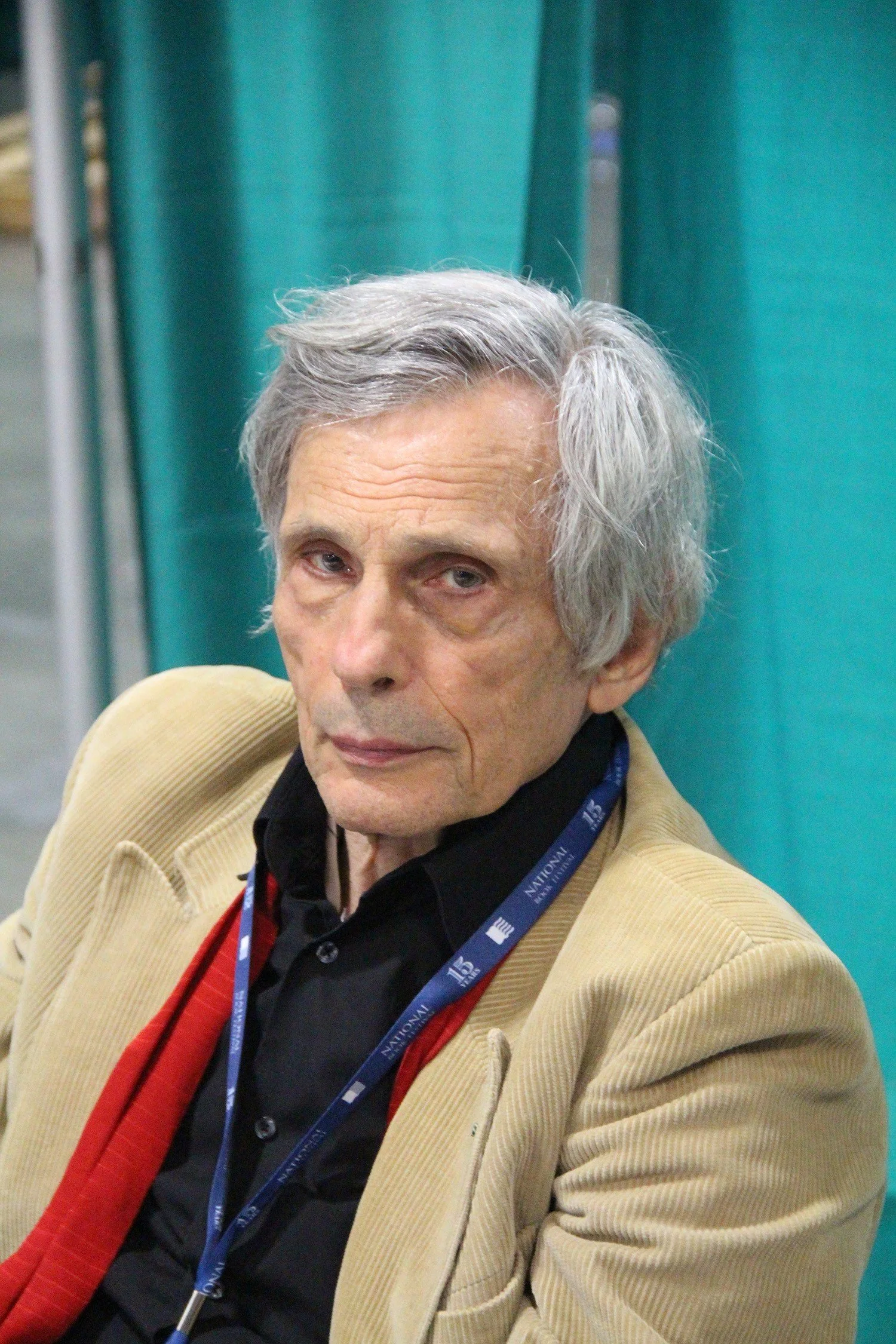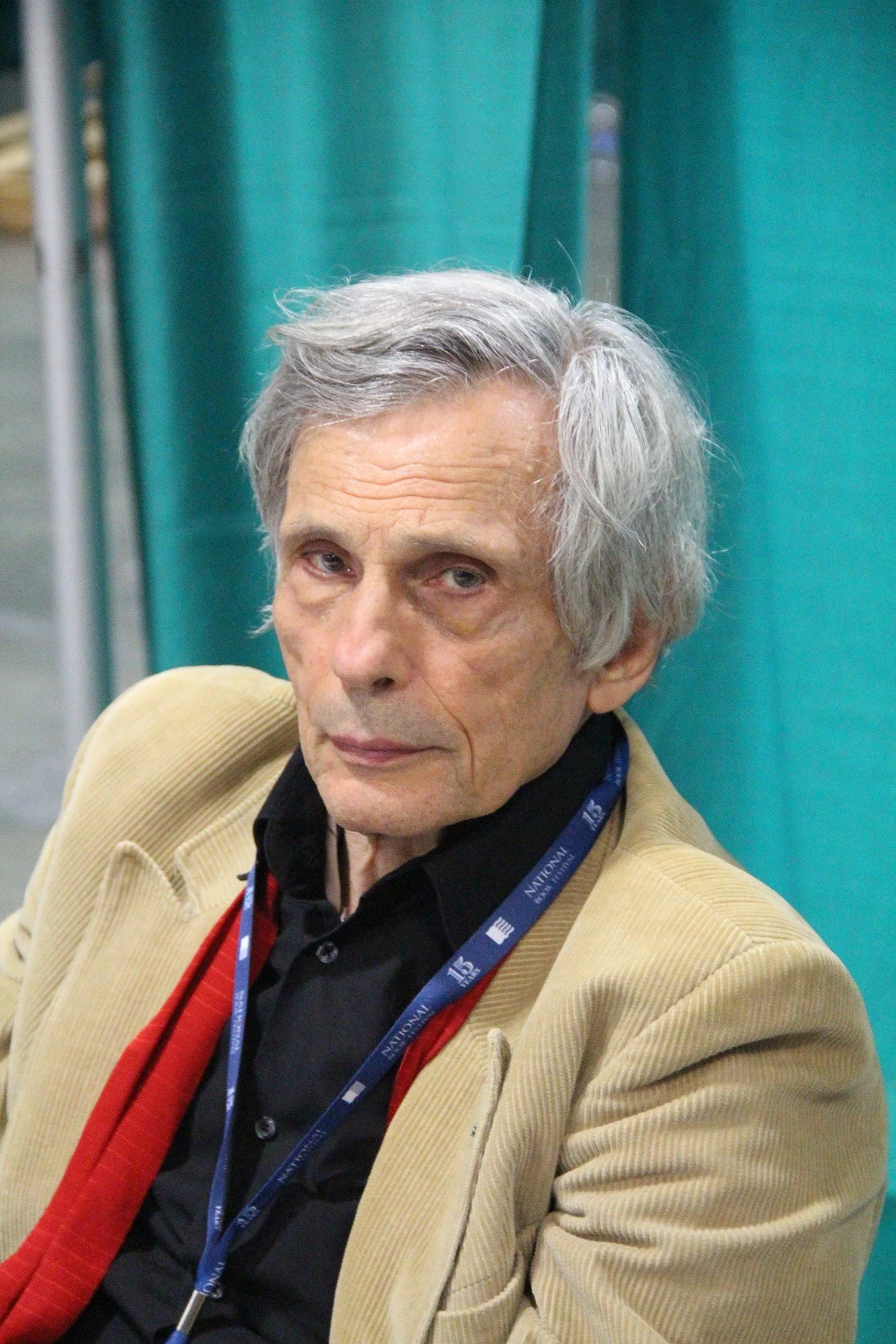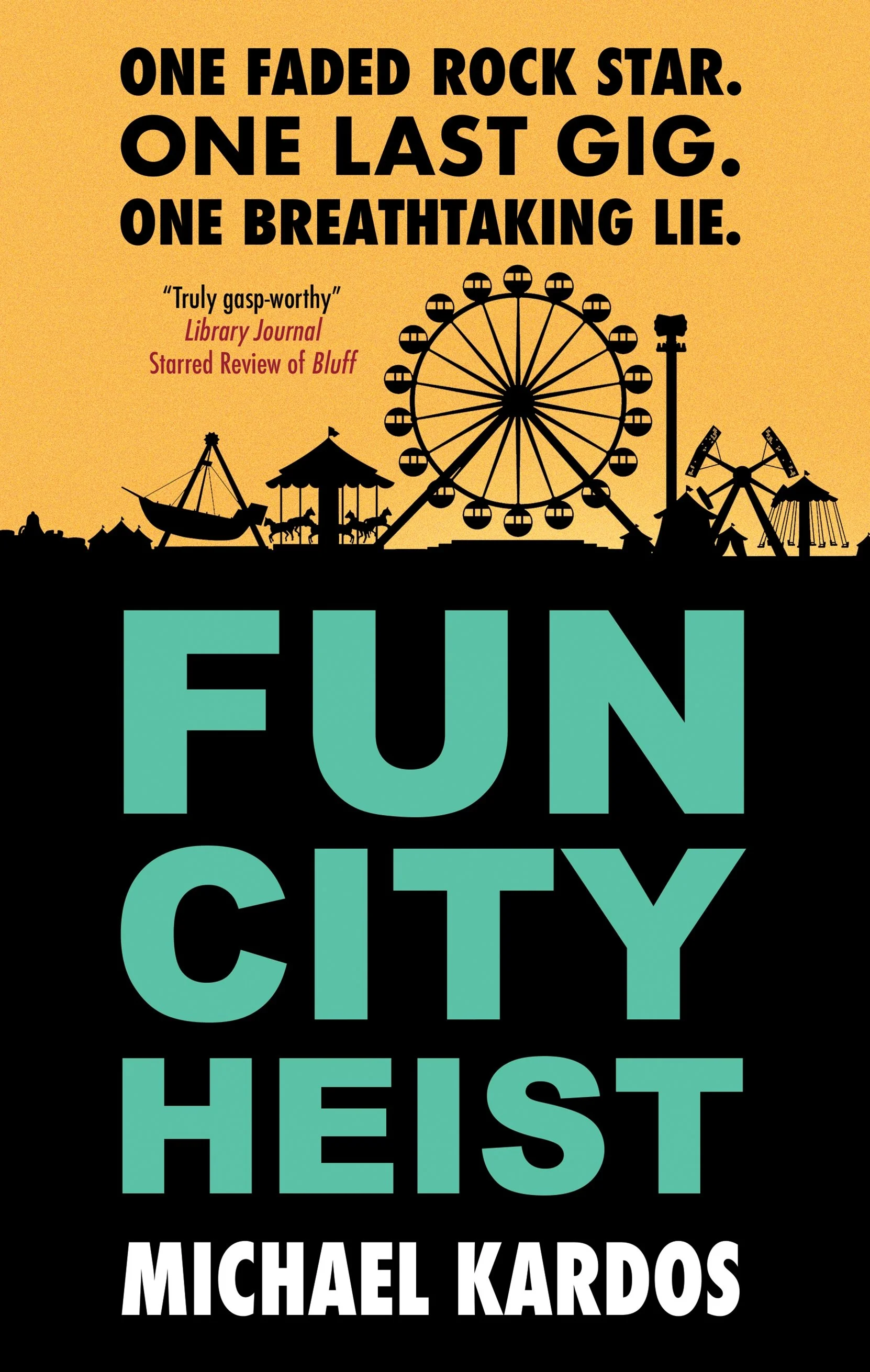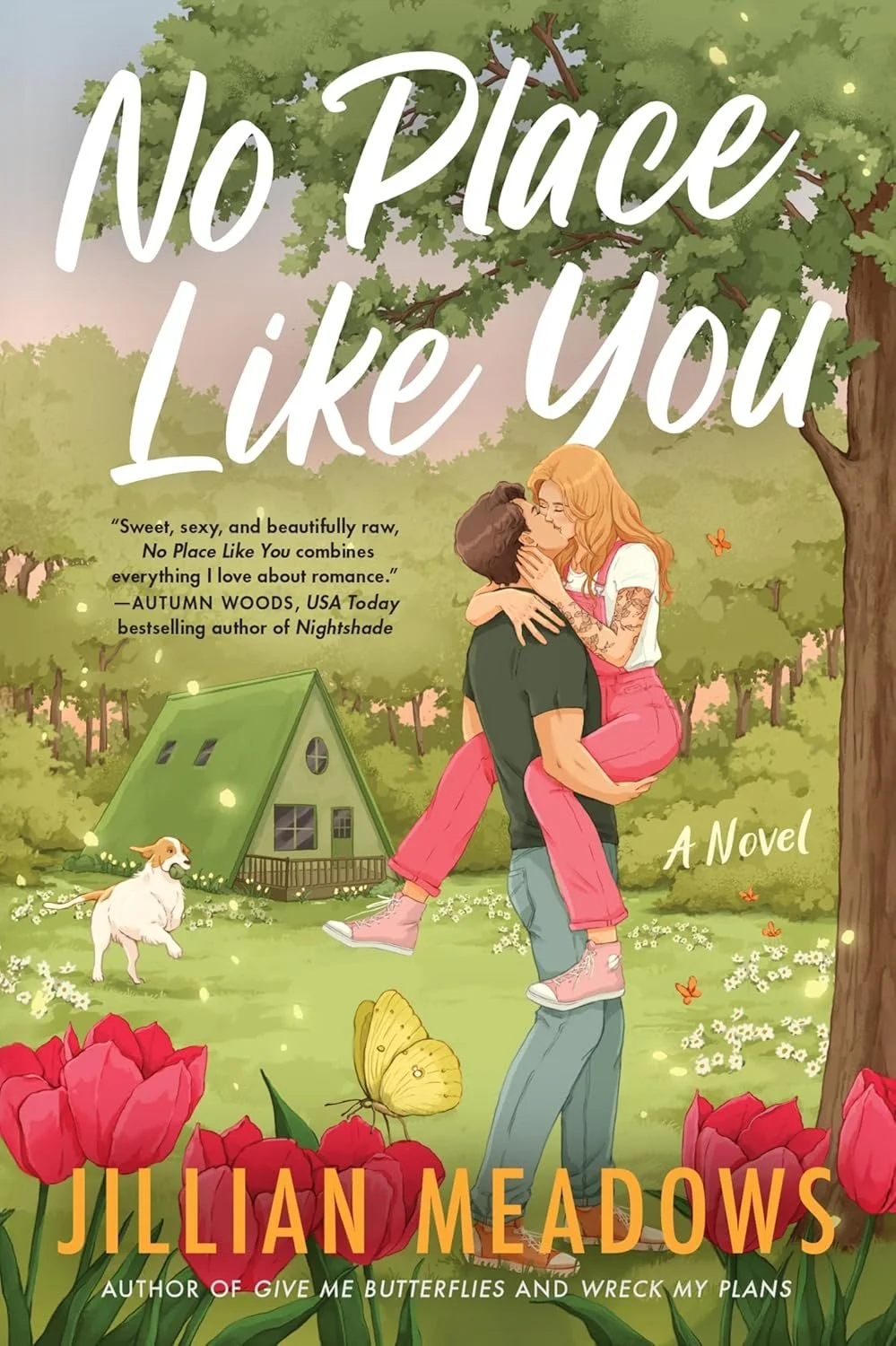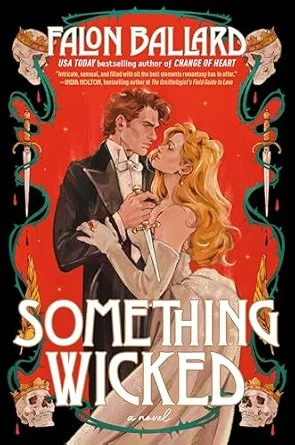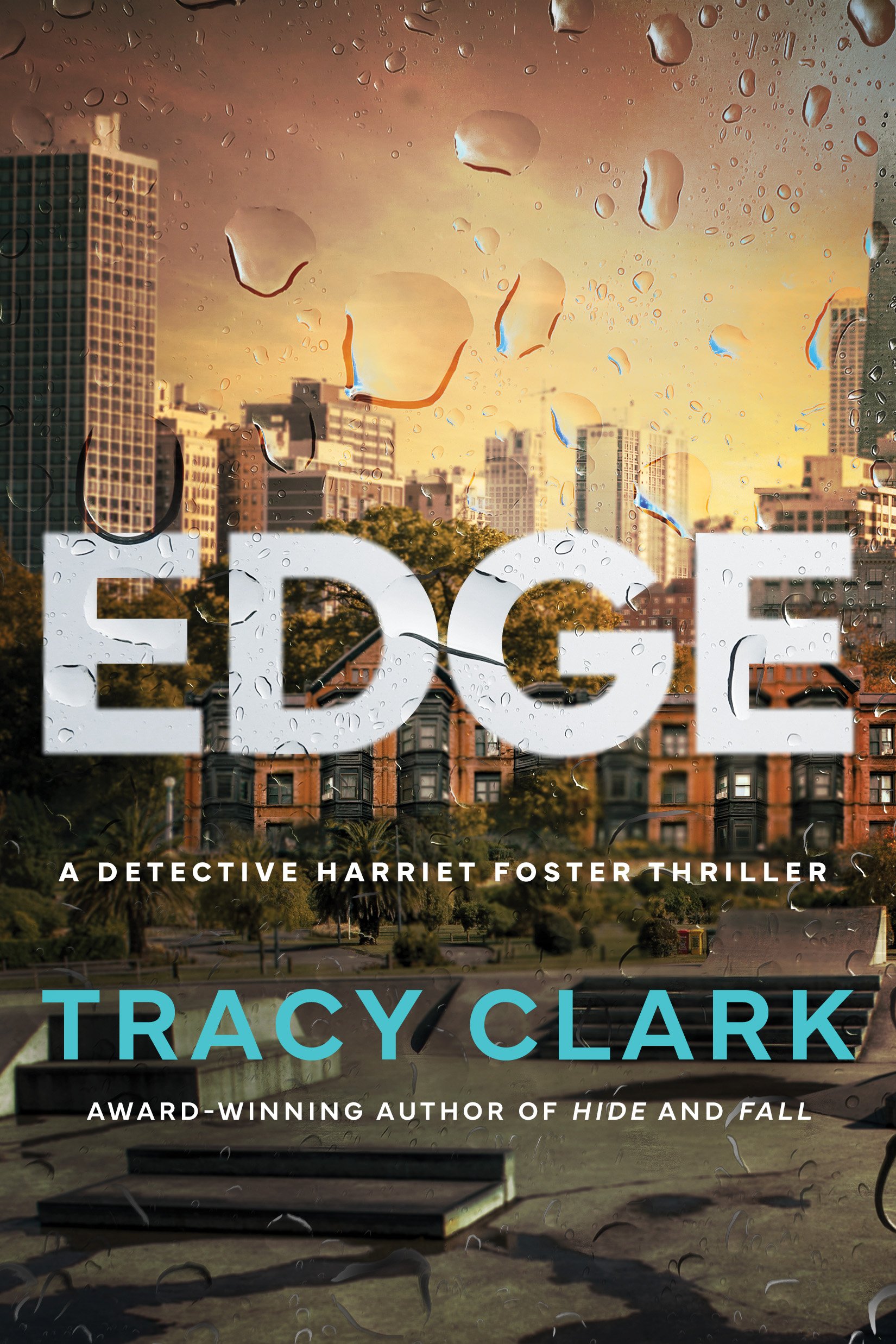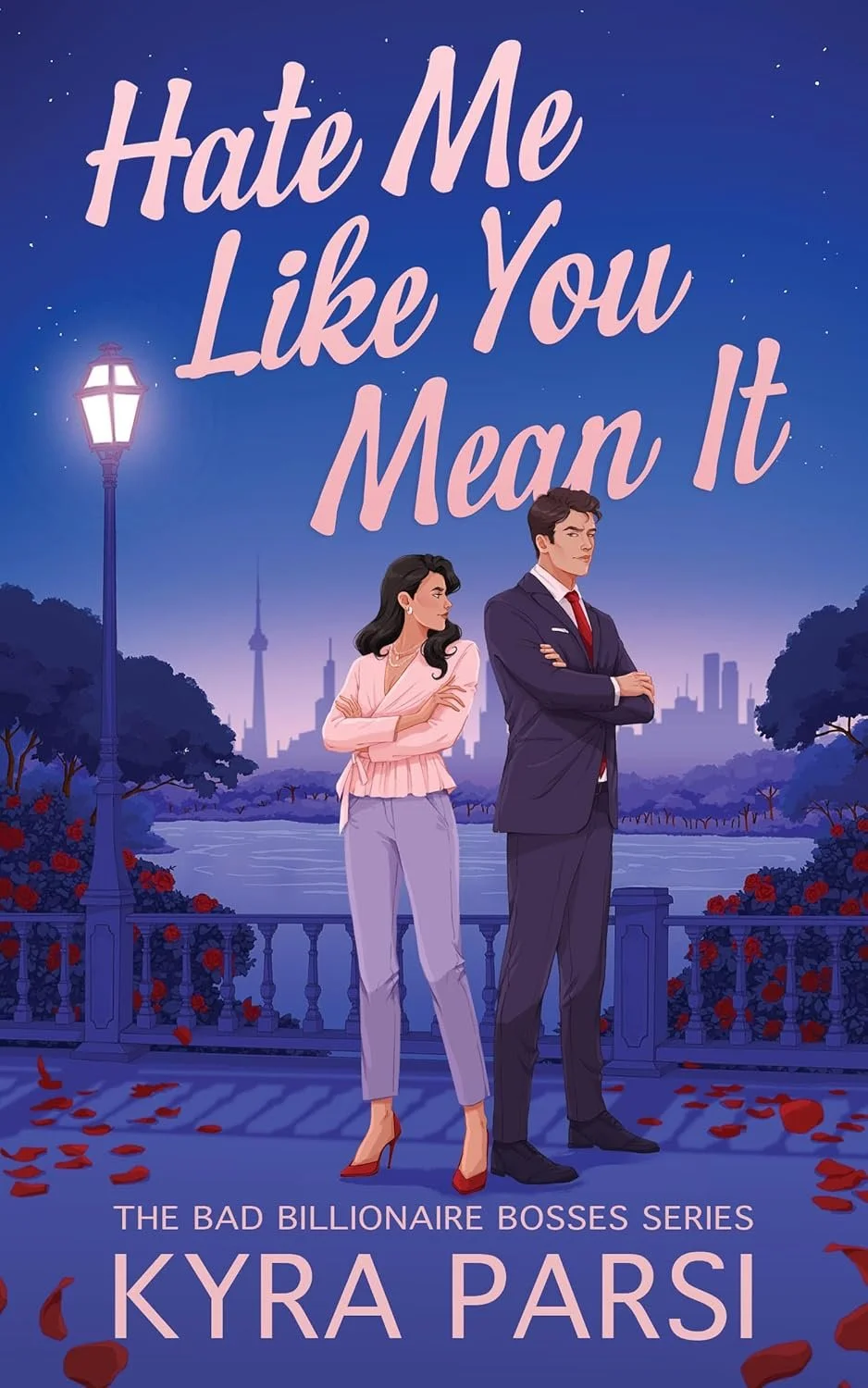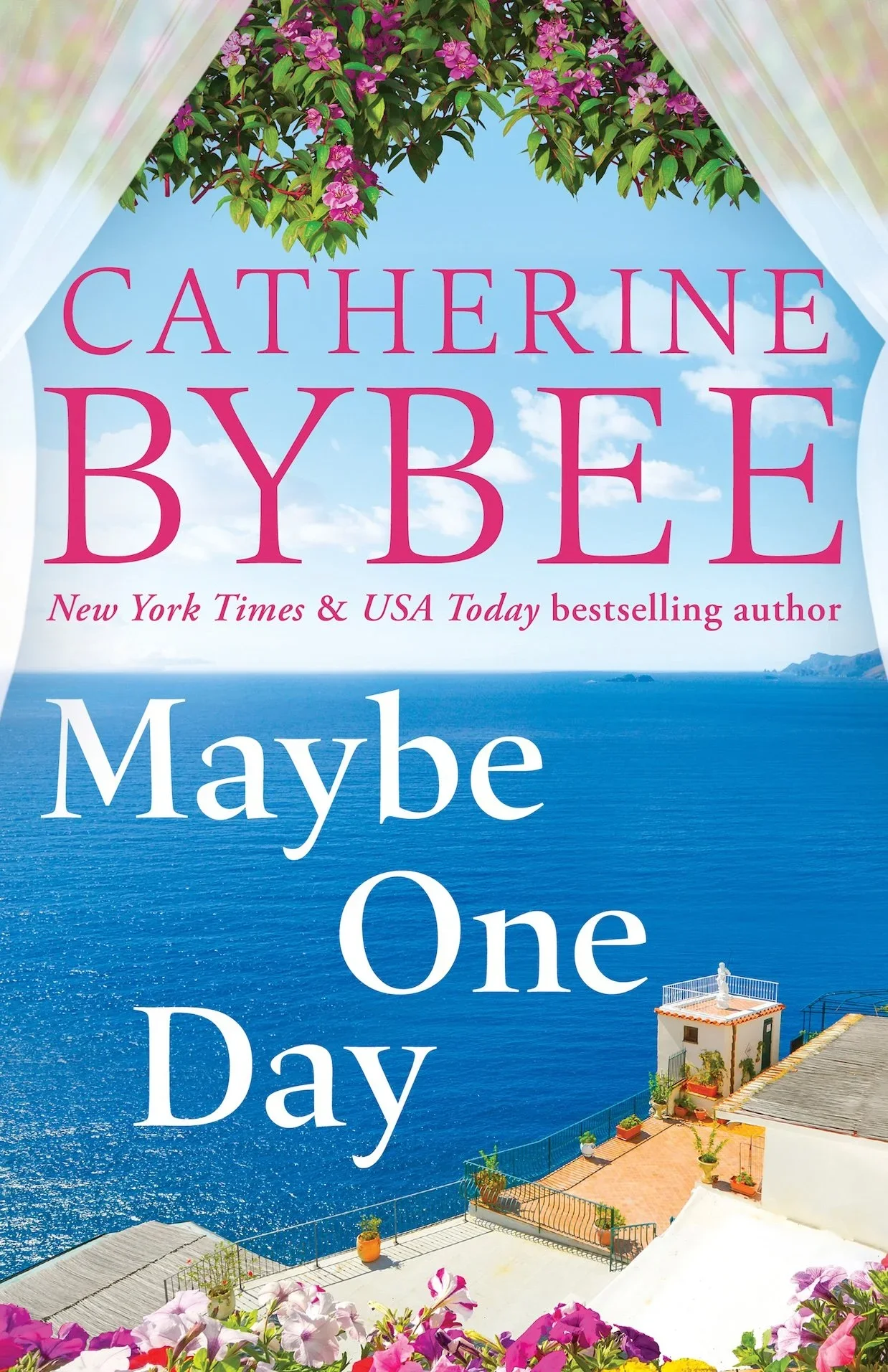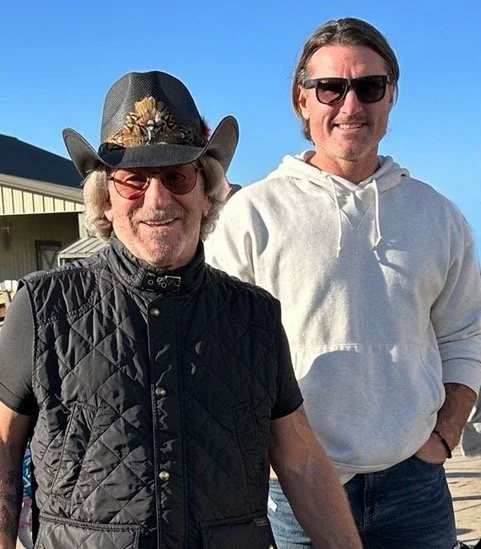Abraham Cahan, the illustrious editor of the Jewish Daily Forward, serves as the conscience of the Jewish ghetto teeming with rogue cops and swindlers. He rescues Ben Ravage, an orphan, from a trade school and sends him off to Harvard to earn a law degree. But upon his return, Ben rejects the chance to escape his gritty origins and instead becomes a detective for the Kehilla, a brutal gang created by wealthy uptown German Jews to help police rid the Lower East Side of criminals. Charged with rooting out the Jewish “Mr. Hyde” - a half-mad villain who attacks the prostitutes of Allen Street -- Ben discovers that his fate is irrevocably tied to that of this violent, sinister man.
Excerpt
Excerpt from Ravage & Son. Copyright © 2023 by Jerome Charyn. Published by Bellevue Literary Press: www.blpress.org. Reprinted by permission of the publisher. All rights reserved.
He’d never be far from that orphanage on Ludlow Street no matter where he was. He had to run from location to location, or he wouldn’t have survived Ned Silver’s jackals. He couldn’t trust
his old haunts, where he kept stacks of cash. So he collected whatever cash he’d hidden in fire hydrants, knotted his scarf, and now he was ready to meet Lionel Ravage.
He went to Lionel’s little empire on Canal, block after block of hardware stores under the rubric Ravage & Son. The stalls outside the stores were as random and cluttered as any rag shop; there were mountains of bolts and screws, metal sleeves, compasses, and pliers that were slightly bent; there were carpenter’s awls, slide rules, hacksaws with broken handles, paintbrushes, varnish, and tubs of glue. Lionel had bought out the presence of any other hardware man. He’d left no place on Canal for rivals. His countermen stood near the stalls in rubber aprons and hawked Lionel’s wares.
“Paintbrushes, five for a dollar. You won’t get another bargain on Canal.”
The entrance to Lionel’s headquarters was as haphazard as the other stands and stores. The windows hadn’t been washed in years. The awning was in tatters. Lionel couldn’t have believed in that ruthless efficiency of Frank Woolworth’s five-and-tens. He thrived in some eternal chaos.
A bell rang as young Ravage entered a warehouse packed with an endless inventory of pipes. He felt a strange comfort here, amid all the dust and decay, and he couldn’t even determine why. Men with shotguns patrolled the ragged aisles. They weren’t protecting Lionel’s inventory from thieves. They were looking for colonies of rats; rats could gnaw right through lead and suck on copper. They went about their business and ignored Benjamin, who had to climb a spiral staircase to Lionel’s office. It had none of the exuberance that ought to have accompanied Manhattan’s hardware king. Half the pipes in the Ghetto must have come from him, yet his office was bewilderingly small. His wife, Henrietta, sat behind one desk with a vacant look in her eye, and his daughter sat behind another. Becky Ravage wore a silk blouse that just managed to cover her nipples. Lionel must have had a devil of a time guarding her from those rat chasers downstairs. Her lewdness seemed beyond repair. She embarrassed Ben with her wanton looks, ogling him like some dessert she hoped to devour. Perhaps Becky’s imbecilic brother, Waldo, was her keeper. He stood around, jangling the change in his pockets. And Benjamin realized that the Ravages weren’t here to help Lionel keep his own books. They didn’t have the slightest idea of commerce. They were essentially his hostages.
“Young man, would you care for a cup of tea?” Henrietta asked in a voice that was barely audible.
“Feed him poison,” Waldo said with a sneer. “His mama was that blond witch who wrecked your life.”
Benjamin wanted to rip Waldo’s eyes out, but he wouldn’t destroy the one advantage he had. He’d come for Lionel, not his idiotic son.
Henrietta wept in her corner like some old maid in a fairy tale. “You mustn’t insult the young man.”
Waldo had a laughing fit. “Why not? He’s Papa’s love baby.”
Lionel tossed an iron ruler at Waldo; it spun through the air and would have clipped off half his nose if Waldo hadn’t ducked and hidden behind his father’s desk.
“Stay there,” Lionel said. “If you ever insult a guest of mine again, I’ll give you to the rats.”
“Papa, I wouldn’t mind the same punishment,” Becky giggled, but Lionel ignored her. He motioned to Benjamin, and they climbed down that spiral staircase. Lionel wasn’t carrying his wolf’s-head cane. And Benjamin saw how frail he was. His straw-white hair seemed glued to his scalp. His face was like a corrosive mask amid the swirling dusk.
They went across the street to a tiny café that had no more than half a dozen tables. Other customers cleared out the moment he walked in, and now they had the café to themselves. The waiter brought Lionel a slice of Black Forest cake and a cup of coffee with a cap of whipped cream. Ben had the same.
“I have no regrets,” Lionel told him, his mouth cluttered with whipped cream. “I am who I am. But you did me a kindness. You got my son out of a bad scrape in Whoretown. He wanders into one jam after the other and thinks money can cure every problem.”
Ben could imagine Waldo on a rampage. “You’re his maestro. He learned from you. He’s been attacking Jewish girls on Allen Street.”
“I’ve cured him of that habit,” Lionel said. “But how can I repay you?”
“You can’t.”
Lionel kept staring at Ben’s scarf. “Where did you get that item? At Wanamaker’s?”
“It’s an heirloom. It belonged to my grandfather.”
Lionel laughed bitterly to himself. “The philosopher with a pushcart. He wouldn’t take a penny from me.”
“Maybe he didn’t want your lucre,” Ben said.
“Are you as pure as that philosopher, kid? What if I paid you a thousand dollars for that scarf? It has some sentimental value.”
Ben removed the scarf from his throat. “Here, Lionel. It’s yours—for free.”
Lionel grabbed up the scarf like a little boy and stuffed it into his pocket. He smiled under that reptilian mask of his. “You must be dying to know what Manya meant to me.”
Ben plucked at the dark chocolate slivers that sat on his slice of Black Forest cake. “Lionel, if you mention my mother’s name again, I’ll strangle you inside your own little king’s café.”
“Go ’head. Strangle. I have to talk about your mother.”
Lionel was like a dead man with blue tin in his eyes. And Ben watched all his plans of revenge unravel. You couldn’t deprive a dead man of his fortune, even if that fortune was the only life a dead man could ever have.
“I didn’t even know you existed,” Lionel said. “I swear on my father’s grave, and he’s the only one I ever cared about besides your mother.”
“Shut up and eat your cake.”
The reptile smiled again. “Is this the loser’s last meal?’’
Benjamin stood up, wanted to shove the chocolate slivers into Lionel’s eyes and leave, when he heard a whimper that disabled him. It was Manya’s cry, that despair she felt when she thought of Lionel. He sat down again.
“Stop crying, or I won’t listen to a word.”
Lionel wiped his eyes with a filthy rag. “It was our lord and master, Jacob Schiff, who told me about you—and your little trip to Harvard from the Hawthorne School.”
Suddenly that mask seemed as animated as any face that hadn’t been licked by fire. “I was astounded by my own jealousy. I wanted to tear off your flesh. Manya has a boy. Manya has a boy. That’s when I took chances, crazy risks. I had other landlords beaten to death.”
“You shouldn’t tell me that. I’m a detective with the Kehilla.”
“Bravo,” the hardware king said with a defiant smile. “Arrest me all you want.”
Ben couldn’t relinquish his hate, or undeliver it, like some package. “You married my mother when you had an heiress of your own—and two brats in an uptown cradle. Isn’t that what you did with all your other brides? You even had a regular shamas on your payroll who performed the ceremonies.”
Lionel’s wig went awry. Benjamin could see the puckers in his scalp that reminded him of the boys at the orphanage who suffered from ringworm; they all had craters in their scalps like Lionel’s. And then Lionel repaired his wig, pasted it down, and he had the semblance of a man again.
“I never married your mother—not once. The others, yes. I had my own beadle, and many brides, but not Manya. I never would have married her in a crooked ceremony.”
“I’ll kill you,” Ben muttered, but he was panicking, with sharp splinters of doubt. “Why would my mother make up such a story, and give me your rotten name? Don’t tell me it was one more delusion. She wouldn’t have lied to me.”
“I don’t know,” Lionel said with a puzzled look.
“But she swore there was a certificate, swore on her life. She said I was the landlord’s son.”
And suddenly Lionel was the detective, the purveyor of lost souls; his tin eyes darted with blue fire.
“Did you ever see that certificate, Ben? I told her about all the other brides. And once we did pretend. We turned a pillowcase into a canopy and danced under it. I called her Mrs. Lionel Ravage.”
Ben couldn’t bear to listen, but he did listen, while he imagined Manya dancing under the pillowcase with her blond aristocrat. It was exactly what his mother would have done—gallant and half mad at the same time. He could feel her hot breath on him, as if Manya were dancing with Ben and not the landlord. She swayed and swayed, humming her own melody. But he couldn’t keep Manya. She tumbled out of his dream, and he tumbled, too.
“Mrs. Lionel Ravage. She used a name that wasn’t even hers for the rest of her life. Why?”
For little Ben.
His hatred had blinded him. Manya must have known she was pregnant while she danced. She wanted her baby to bear Lionel’s “crest.” So she made herself into Manya Ravage. And Ben, the child with an abundance of family names, really had none.
Lionel seemed melancholy under that head of straw. “I knew her less than six months. But tell me about Manya—please.”
And what did Lionel want to hear? That they slept at the station house during the coldest nights? That Manya couldn’t pay the rent? That cadets wanted to have her work on Allen Street? That she couldn’t hold a job for very long? That every shop steward tried to paw her? That they had to move from apartment to apartment with lice in their linen? That later on she didn’t have the coherence or the stamina to move? Why should he reward Lionel with the itinerary of such a tale.
“How many other women did you marry after my mother?”
“Dozens,” he said. “No—not one. I didn’t have the heart. I dismissed the beadle.”
“Then why did you abandon her?”
“I never did,” he said. “I abandoned myself.”
Ben had a sinister glare in his eye; all the violence that brewed in him was about to erupt.
“I don’t want your poetry, Lionel, or your preambles. Why did you abandon her?”
And Lionel revisited that winter storm in 1883, after he met Manya on Attorney Street, and was confounded by that first glimpse of her, seductive and shy, with her wild blond hair, and her father, the philosopher who peddled apples whenever he could afford a pushcart, and how they had to fondle each other while Papa Rabinowitz was inside the privy, and how she sent him away because she couldn’t make love to Lionel behind her father’s back. He went to Attorney Street after the philosopher died, and he told Ben about Uncle Rainer and Henrietta’s other relatives, who threatened to tear him to pieces if he didn’t return to his wife, and swore to harm Manya if he visited her again, even once, and sell her to the white slavers.
Ben didn’t know what to believe. Manya had never taken him near Canal to peek into the clouded windows of Ravage & Son.
“You’re a millionaire. You could have had some shamas locate where she was, just for the hell of it.”
But Lionel didn’t hedge, didn’t make excuses, didn’t pacify Ben.
“I had to cut her out completely or I wouldn’t have survived.”
Excerpt from Ravage & Son. Copyright © 2023 by Jerome Charyn. Published by Bellevue Literary Press: www.blpress.org. Reprinted by permission of the publisher. All rights reserved
Buy on Amazon | Bookshop.org
About the Author


